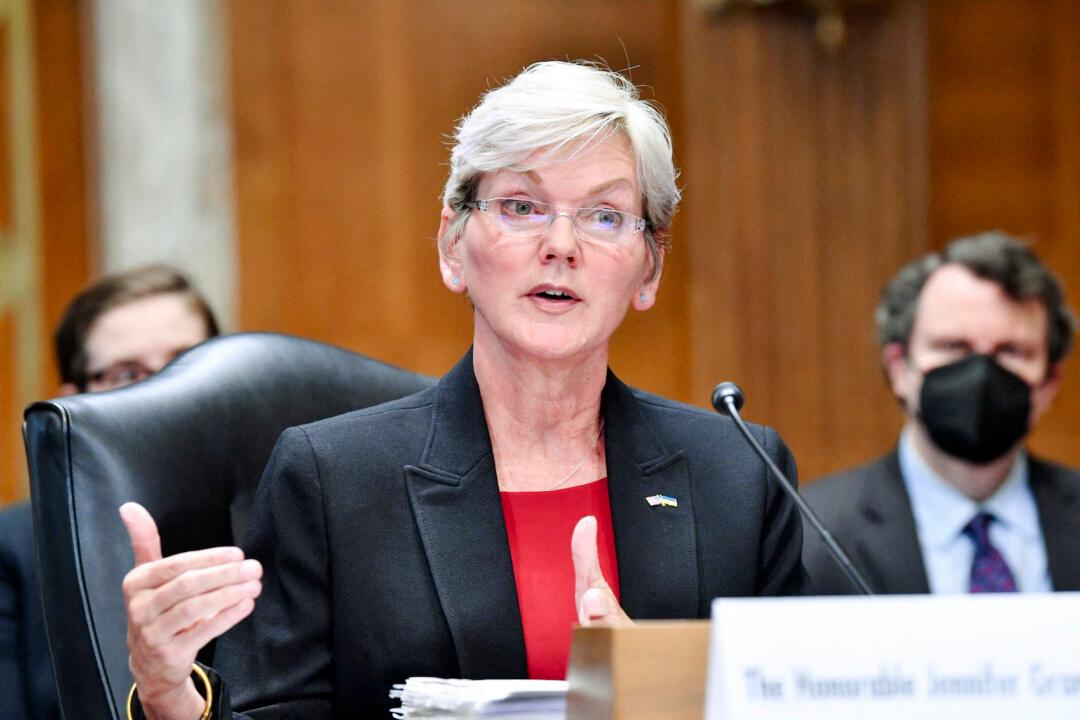House Oversight Chairman Rep. James Comer (R-Ky.) sent a letter on Wednesday to U.S. Dept. of Energy Secretary Jennifer Granholm inviting her to testify before the Committee on Oversight and Accountability.
The letter requests Ms. Granholm to appear on May 15 at a scheduled committee hearing to provide testimony over a variety of issues, including the alleged “misuse” of the nation’s Strategic Petroleum Reserve (SPR), the Energy Department’s halt on liquified natural gas (LNG) transports, her personal taxpayer-funded electric vehicle road trip last summer, and increased spending, among others.





